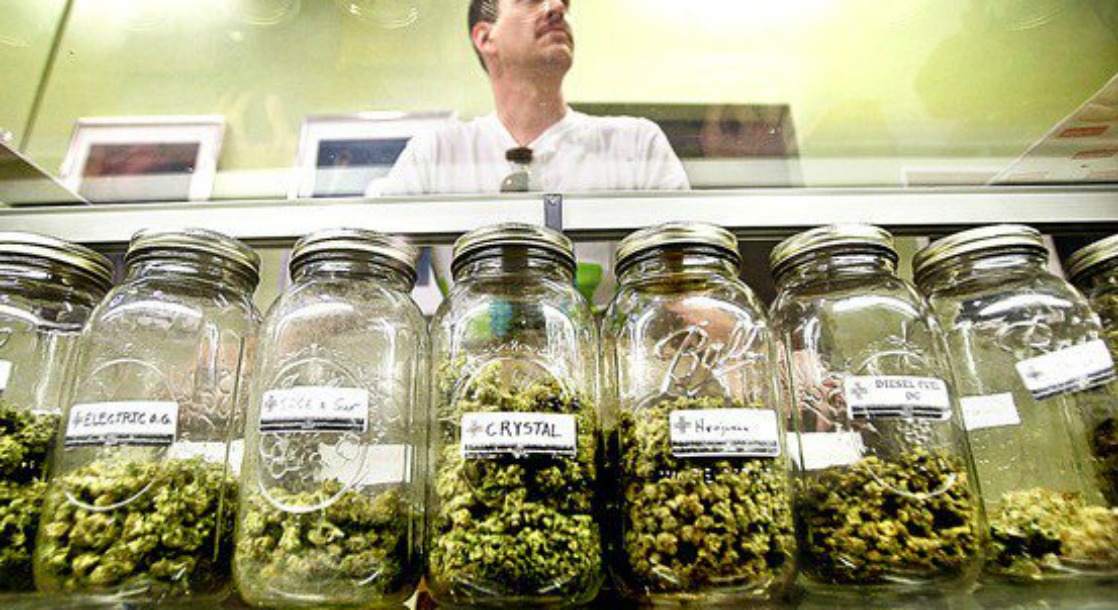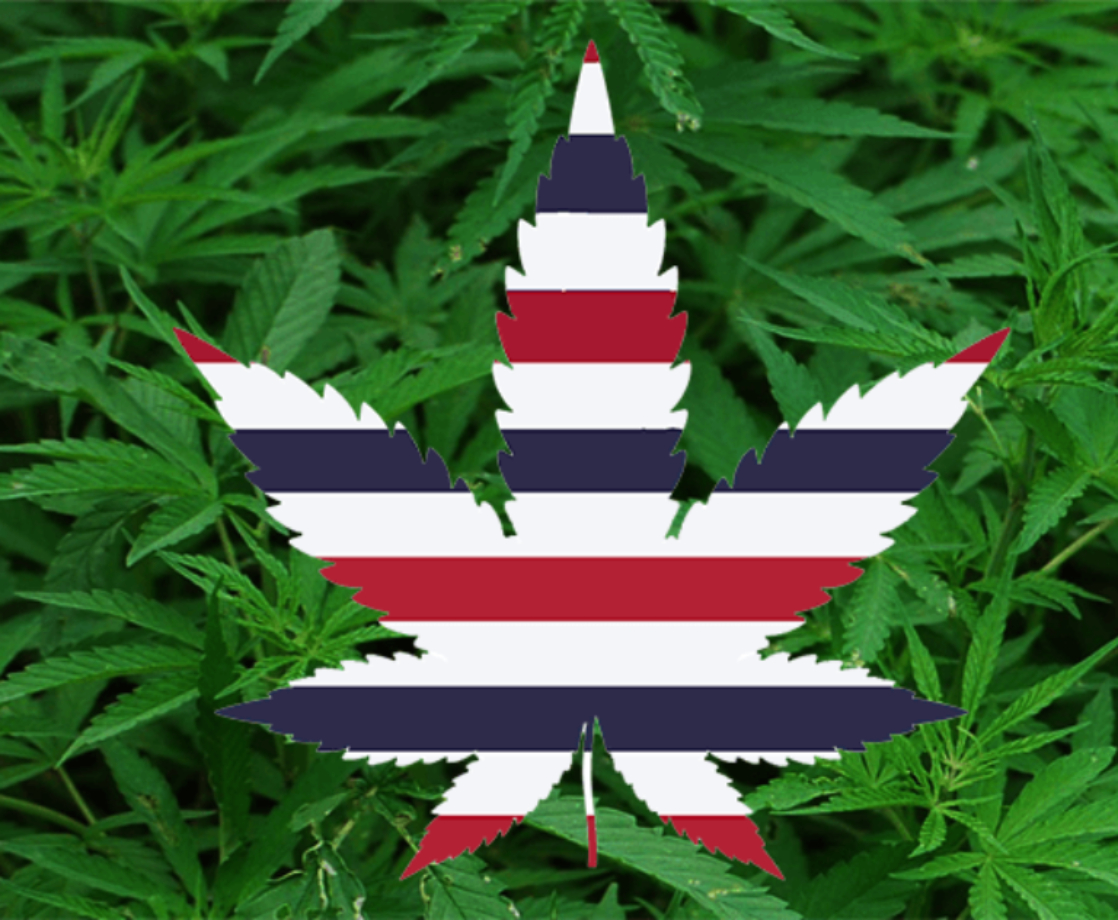Legal weed is getting cheaper. Without the added fees that come with a black market, and with production costs steadily decreasing as the industry grows, marijuana is experiencing a severe price drop.
According to the Washington Post, a new report from Colorado’s Department of Revenue puts the price of a wholesale pound of marijuana at $1,471, a 24.5% drop from last years’ peak value.
That may seem like reason to celebrate for Colorado’s marijuana consumers, but for the state, who levies a tax on weed based solely on current wholesale price, it means Colorado will be collecting a whole lot less tax revenue from pot sales.
Colorado currently charges a 15% tax on weed production, but that number is calculated based on the Department of Revenue’s pricing info. So while last year Colorado was taking a 15% cut of $1,948 per pound, this year the state will be only take in 15% of $1,471, experiencing the same drop in tax revenue that consumers will see in price.
To avoid this pitfall, forward thinking states like Alaska and California have set up taxing structures that don’t entirely rely on the wholesale price of the plant. Alaska has a $50 per ounce flat tax that doesn’t change regardless of cannabis prices. The Golden State levies a similar flat tax on growers but, like Colorado and the other legal states, changes sales tax based on wholesale prices. The stable tax on growers makes sure that dropping pot prices won’t decrease the state’s profits.
In Colorado, Washington, Maine, Massachusetts, Oregon, and Nevada, tax codes will likely need to change before marijuana prices reach their lowest levels, which some experts predict could – in a future with federal legalization – be as low as $50 a pound.
If these states are still planning on turning a profit from the nation’s biggest cash crop, and not subsidizing the plant that most lawmakers said would fund schools, roads and other civic projects, they’ll need to make a fundamental shift in how they collect taxes from cannabis sales.
Luckily for states looking to legalize in the near future, California and Alaska have already outlined a future that will allow states to keep the cash flowing while consumers enjoy ever-cheaper weed – take notice.











